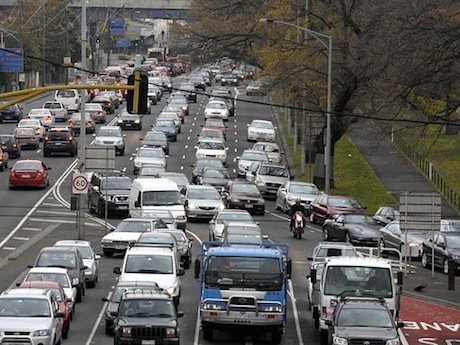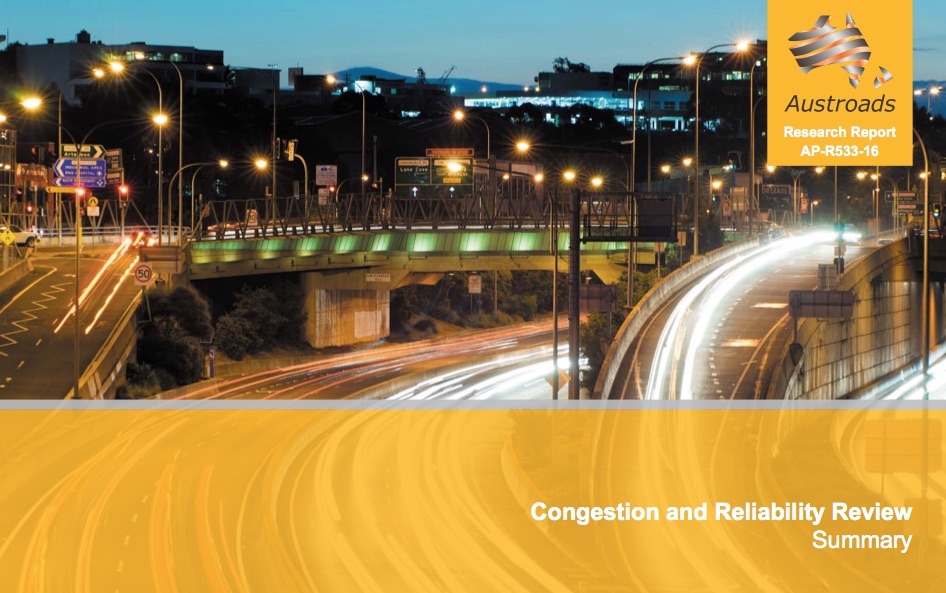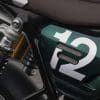Motorcycles, scooters and lane filtering hardly rate a mention in the latest Austroads publication that investigates causes and remedies of traffic congestion.
When will the authorities ever learn?
Motorcycles and scooters are one of the solutions to traffic congestion and should be included in any study of causes and remedies.
In the past two years, lane filtering has been introduced in the three eastern states and is being trialled in the ACT and considered in other states.
How will authorities ever be able to gauge its efficacy unless it is is studied?
The Austroads study, Congestion and Reliability Review, found that that major city road users need to allow an average of 50% more time to complete their journeys during peak hours.
It would be interesting to know how much quicker riders are now that lane filtering has been introduced.
Commuter traffic speeds are now down to as low as an average of 29km/h in Sydney and 34km/h in Melbourne. That means riders can frequently and legally travel at 30km/h through commuter traffic.
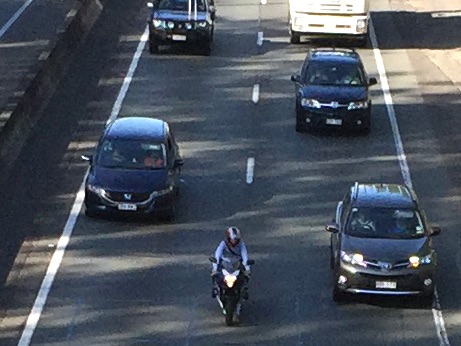
Congestion study
The study found Brisbane (52km/h) and Perth (58km/h) have better performance, while Auckland congestion performance is similar to Melbourne, despite having a lower population.
Adelaide has the slowest average travel speed, but higher reliability, reflecting a road network with fewer motorways. Darwin, Hobart and Wellington have low levels of congestion, with Canberra the best performing city overall, achieving average speeds over 60km/h.
While weekday morning and afternoon peaks exhibit time delays up to 40%, weekend travel also faces congestion with delays up to 30% at the midday peak in Sydney.

The findings are based on an analysis of Google Maps data for 600km of roads for each major Australian city, enabling analysis of travel time along different road segments.
The analysis was based on two months of data, comprising of 1km-long road segments, with data points taken every 15 minutes.
Motorcycles are mentioned three times in the 256-page report, but not under any circumstances of congestion solutions. There is no mention of lane filtering.
Causes of congestion were – surprise, surprise – “a routine imbalance of the number of road users and road capacity”.
Up to 12% of congestion is due to non-recurrent causes including crashes, planned events parades, concerts, sports events) and weather.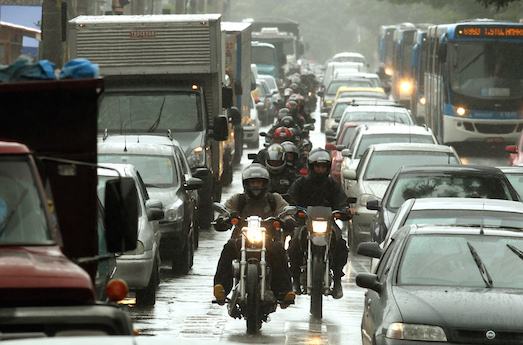

“Effective action on road congestion is needed to avoid it becoming a drag on the economy, living standards and quality of life,” the Austroads paper says.
“The study recommends that road and transport agencies invest in a portfolio of interventions including integrated land and transport planning, as well as relatively low-cost, high-benefit cost-ratio interventions such as smart ramp metering and optimising traffic signals.”
Not a word about encouraging more motorcyclists and scooterists with free tolls, lane filtering or cheaper registration.
The paper talks about “multi-billion dollar investments” in congestion measures, yet encouraging motorcycles and scooters would be much cheaper.


